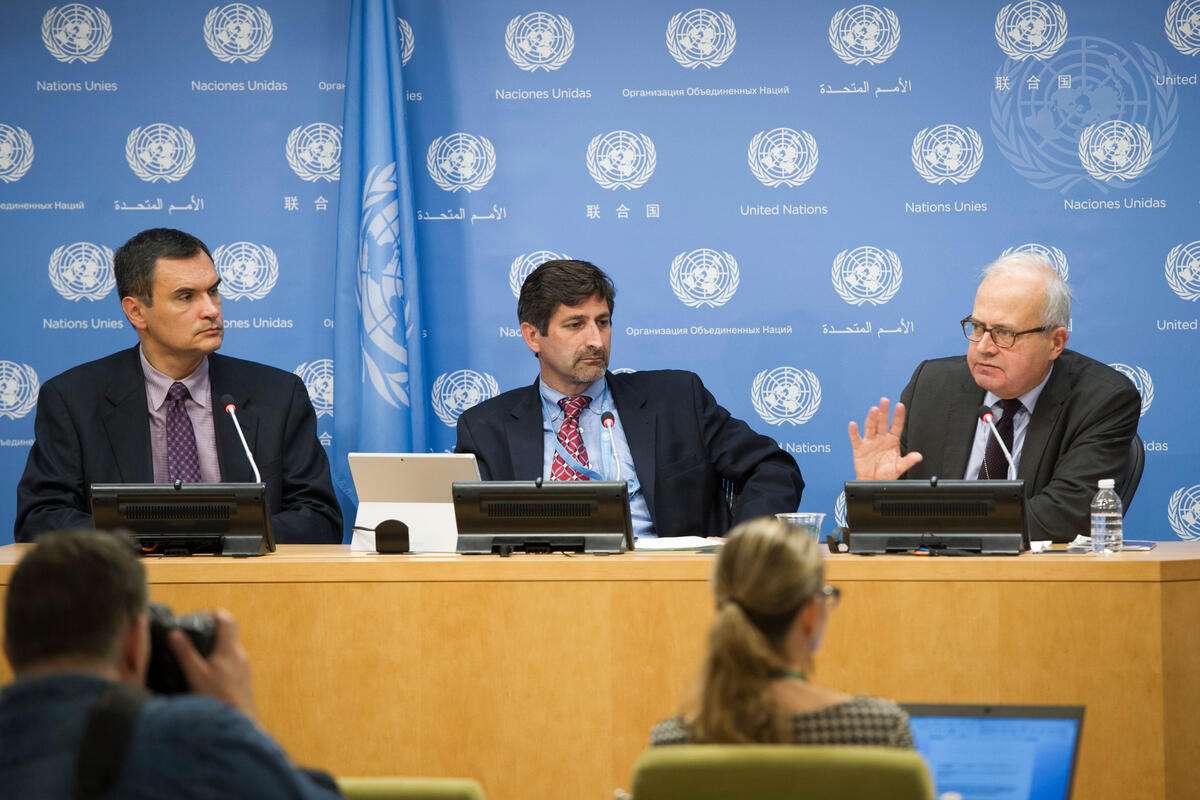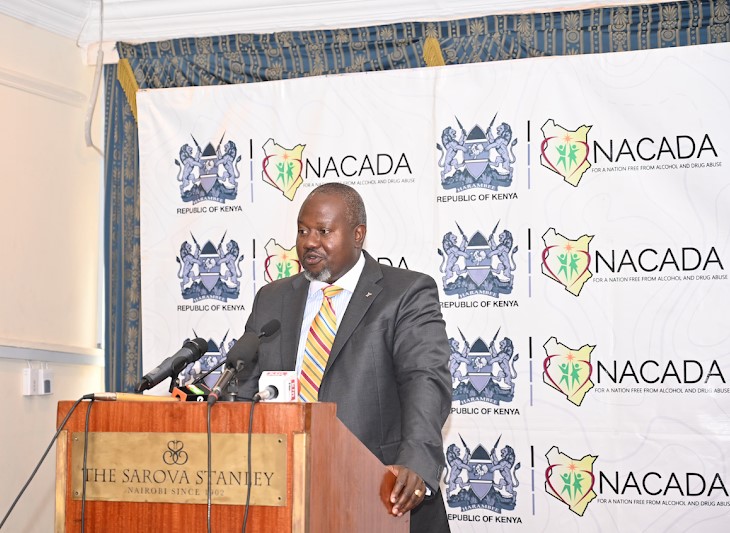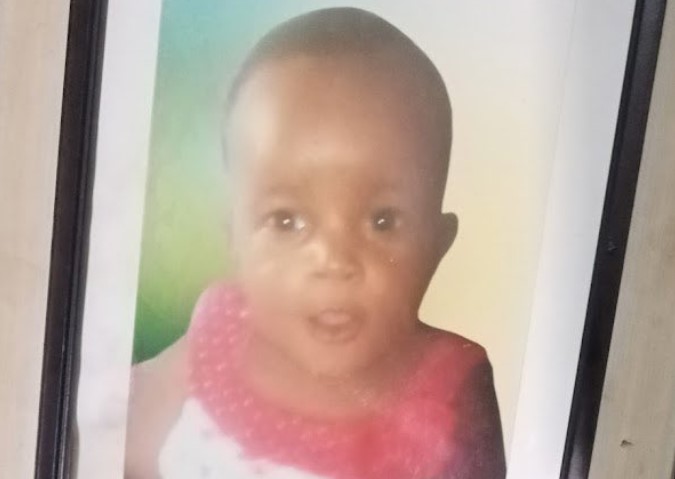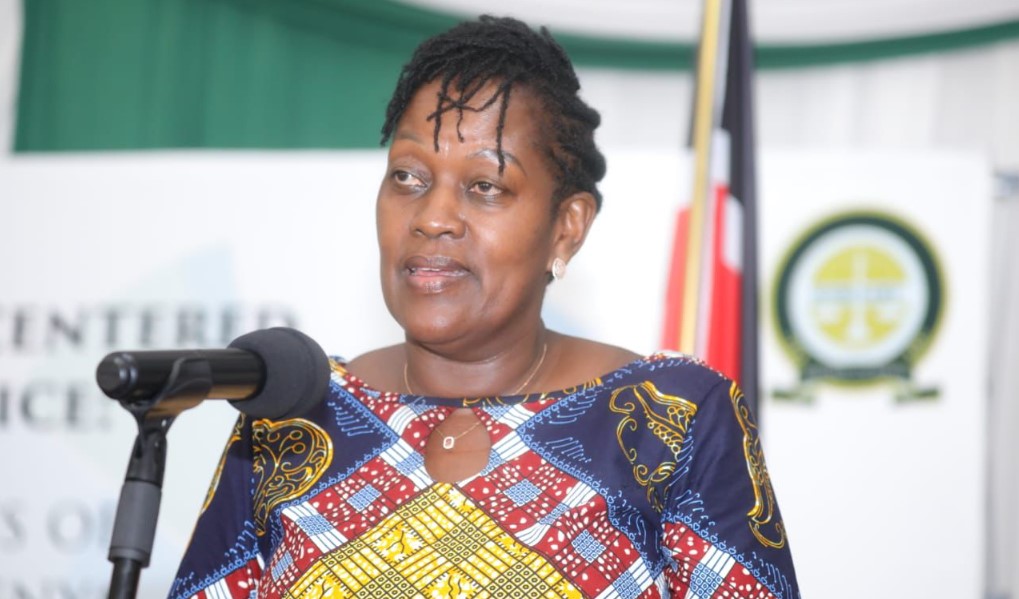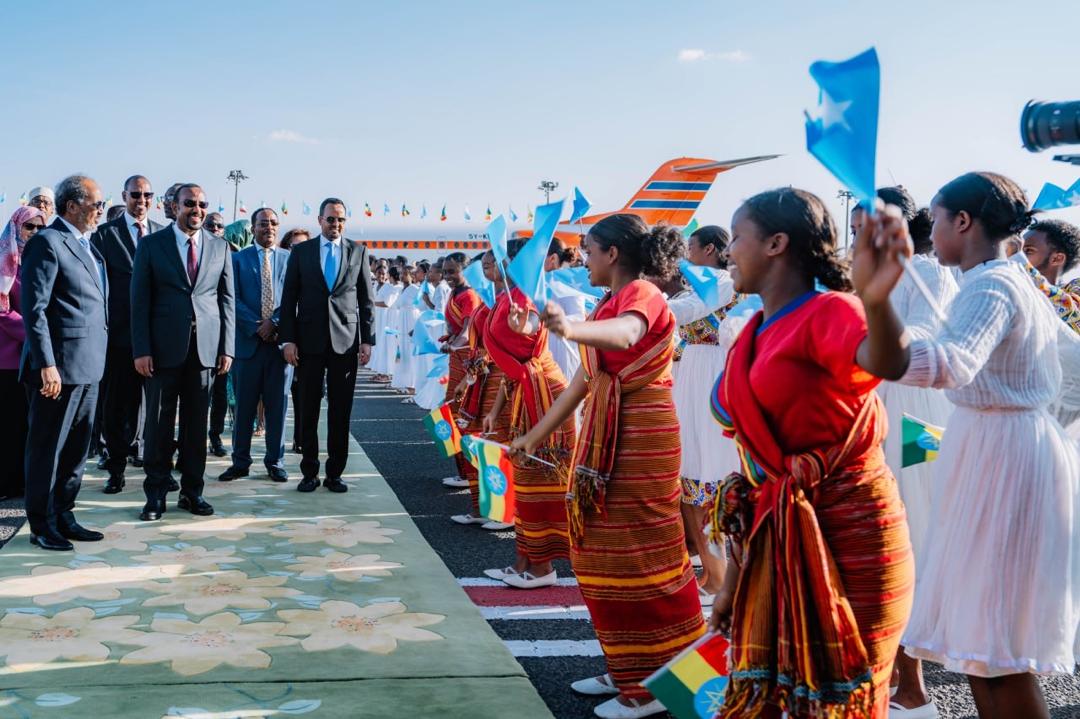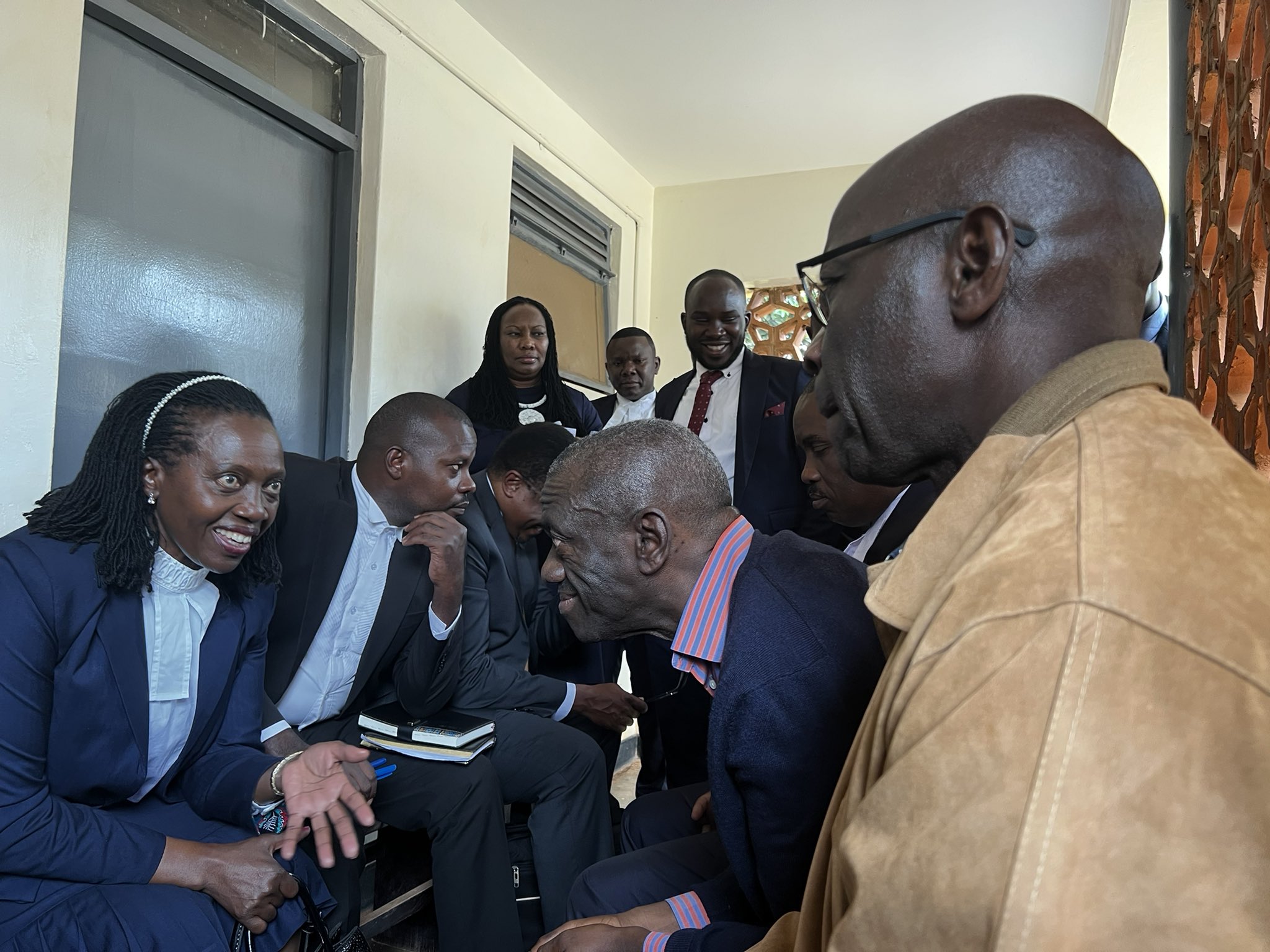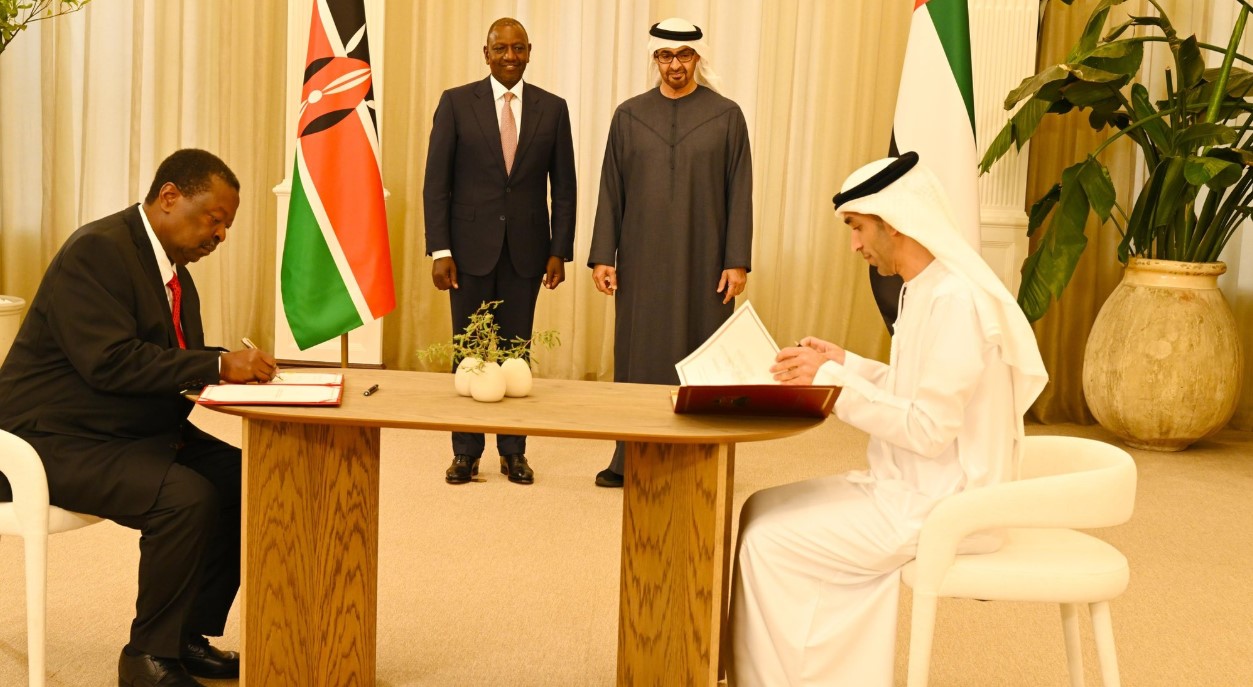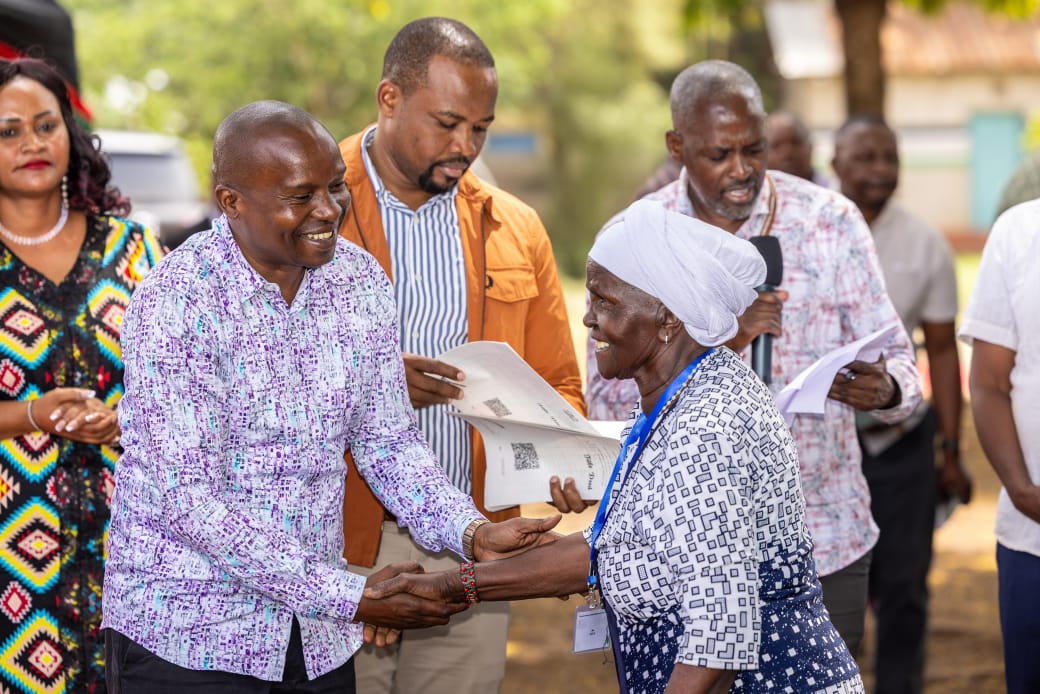How woman’s passion for preserving Somali heritage birthed culture hubs
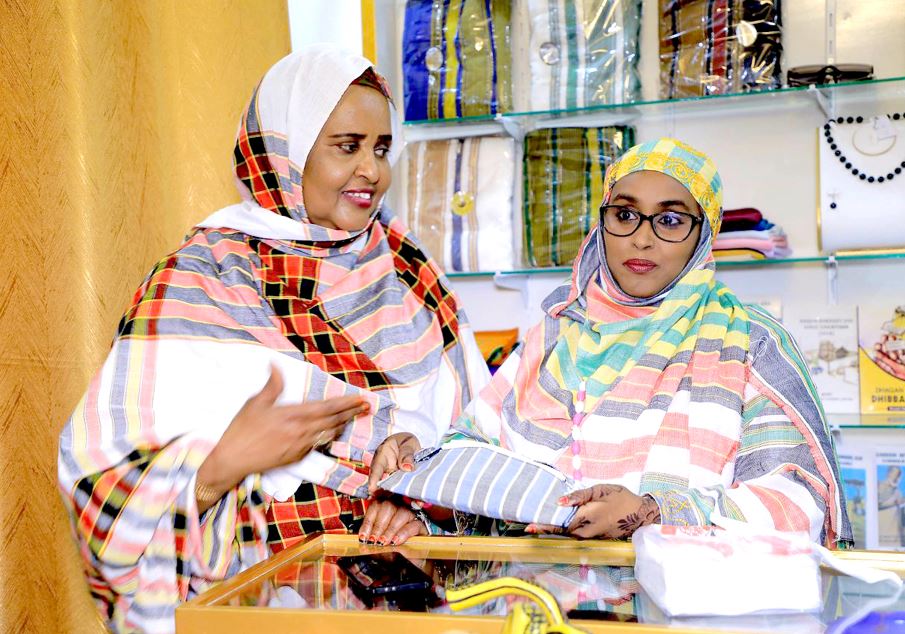
Fardowsa's vision stems from her aspiration to preserve Somali cultural heritage for upcoming generations.
Growing up in the Somalian capital Mogadishu gave Fardowsa Jama a unique experience that would influence a cause she would take up later in life – promoting and preserving the Somali culture.
In her childhood, Fardowsa watched as women around her engaged in traditional crafts such as making mats, baskets, and other household decorations. She admired what they did.
More To Read
- Transforming Mombasa's Old Town: A local leader's vision for change amidst rising challenges
- How passion for the elderly helped Isiolo woman transition from politics
- How young potter’s vision and self-drive earned him trust at Kongowea Market
- Joyce 'Tata' Nduku: The 70-year-old Machakos granny breaking age barriers in marathon races
With time, she observed that the cultural activities that the women undertook, and which she participated in, helped preserve their cultural heritage and fostered a strong sense of communal belonging.
"I remember the warmth and unity among the women. We would gather in large groups, helping each other with various tasks, supporting pregnant women, and contributing to each other's needs such as making clothes and mats for newborn babies," Fardowsa told The Eastleigh Voice.
The communal spirit and support network she witnessed left a lasting impression on her, inspiring a lifelong passion for cultural preservation.
After studying arts and cultural preservation abroad, Fardowsa returned to Somalia with a burning desire to continue the cultural legacy she had witnessed in her youth. This led her to establish a centre known as Hoyga Dhaqan Dhowr, which means ‘A Home of Traditional Somali Culture’.
Community engagement
It is a sanctuary for traditional Somali practices and a hub for community engagement.
Its mission is to preserve and promote the Somali cultural heritage, providing a space where women can come together to engage in traditional practices and crafts.
Fardowsa's vision stems from her aspiration to preserve Somali cultural heritage for upcoming generations, guaranteeing the survival of the rich traditions and practices she grew up with.
 Some of the accessories and traditional Somali attires at Naima Collections inside the the Hoyga Dhaqan Dhowr Cultural Centre in Somalia. (Photo: Hafsa Hassan)
Some of the accessories and traditional Somali attires at Naima Collections inside the the Hoyga Dhaqan Dhowr Cultural Centre in Somalia. (Photo: Hafsa Hassan)
Returning to Somalia with a wealth of knowledge and a clear vision, Fardowsa faced numerous challenges in establishing the cultural centre. But determination and a deep-rooted belief in the importance of her mission helped her overcome these obstacles. Today, Hoyga Dhaqan Dhowr functions as a vibrant community space, reviving and celebrating traditional Somali practices.
In August 2013, Fardowsa also founded the Awjama Cultural Centre, marking another significant step in her mission. This centre has expanded its activities to several locations, including Mogadishu, Kismayo, Baladweyne, Nairobi, Galkacyo, and Minneapolis in the USA.
The Awjama Cultural Centre focuses on reviving Somali cultural artefacts and the Somali language through storytelling and poetry, fostering a deep connection with Somali heritage in these diverse regions.
One significant moment in Fardowsa’s journey was during the international book fair in Hargeisa in 2019. The French Ambassador to the United Arab Emirates Nicolas Niemtchinow emphasised the importance of bringing Somali cultural artefacts back home and keeping their heritage alive. This further fuelled Fardowsa’s commitment to her mission.
"Hearing such strong support from an international figure was incredibly validating. It reinforced the importance of our work and inspired me to push even harder," she said.
Showcase talent
Hoyga Dhaqan Dhowr aims to empower young women by providing opportunities to showcase their talents through arts and crafts. Traditional Somali art forms like henna have become business opportunities for many young women, allowing them to earn income while preserving their cultural practices.
"Seeing these young women thrive and take pride in their heritage is incredibly fulfilling," Fardowsa said.
In addition to her work in Somalia, Fardowsa has extended her efforts abroad where she runs a cultural centre.
Every Sunday she teaches children about the Somali culture through art, crafts, and storytelling. This initiative helps introduce young minds to the rich Somali heritage and traditions, fostering a deeper understanding and appreciation for their cultural roots.
Fardowsa also recognises the mental health benefits of having meaningful work and being part of a supportive community. She believes that when individuals have productive activities to engage in, it significantly improves their mental well-being.
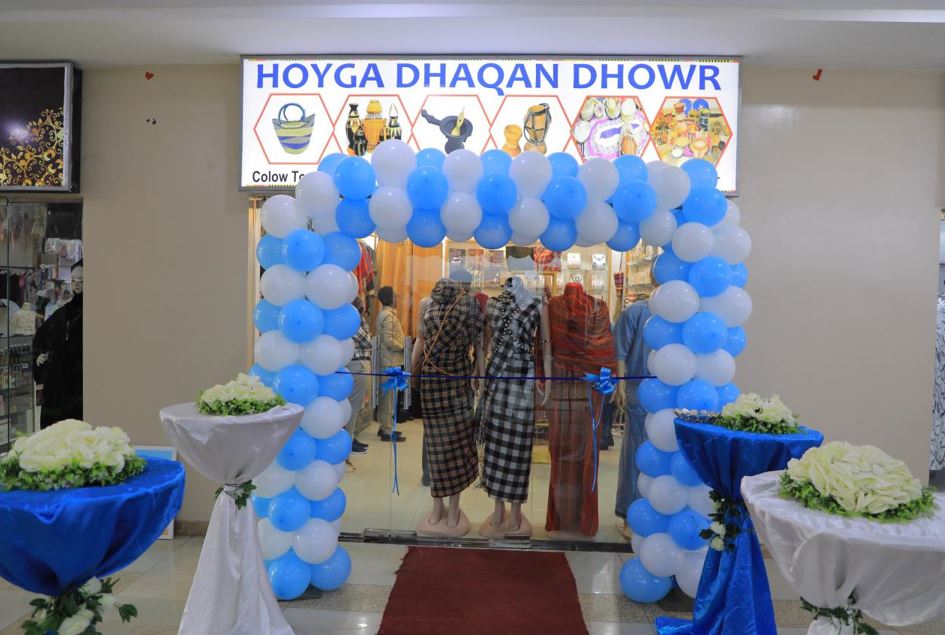 The entrance to the Hoyga Dhaqan Dhowr Cultural Centre in Somalia. (Photo: Hafsa Hassan)
The entrance to the Hoyga Dhaqan Dhowr Cultural Centre in Somalia. (Photo: Hafsa Hassan)
At the centre, women can meet their friends and co-workers, share tea, and create items together, fostering a sense of happiness and fulfilment.
"The joy and camaraderie that come from these gatherings are palpable. It's not just about preserving culture, it's about building a supportive, uplifting community," she said.
Fardowsa is also enthusiastic about environmental sustainability.
Inspired by global moves to reduce plastic waste, she introduced the theme of "Baqdu wadila ekudhorso dhambisha" ("plastic kills, saves lives, and uses our own baskets") at the centre. This initiative encourages the use of traditional Somali baskets instead of plastic, which aligns with Fardowsa's environmental work and her commitment to sustainable practices.
Fardowsa’s journey is not only about preserving the past but also building a brighter future for the Somali culture. Her dream is to see Somali women and artists succeed, and she has been working tirelessly for the past 15 years to make this vision a reality.
Through Hoyga Dhaqan Dhowr and her international cultural centre, Fardowsa is not only keeping the Somali heritage alive but also empowering a new generation to embrace and celebrate their cultural identity.
She plans to compile her rich tapestry of stories and experiences into a book which will document the vibrant traditions and practices she has worked so hard to preserve, as well as share the personal narratives and communal bonds that have shaped her life and mission.
She hopes that this book will serve both as a cultural record and an inspiration for future generations to continue the legacy of Somali heritage.
"Preserving our cultural heritage is a way of honouring our past and empowering our future. I am proud of what we have achieved, and I look forward to continuing this important work."
Trending
